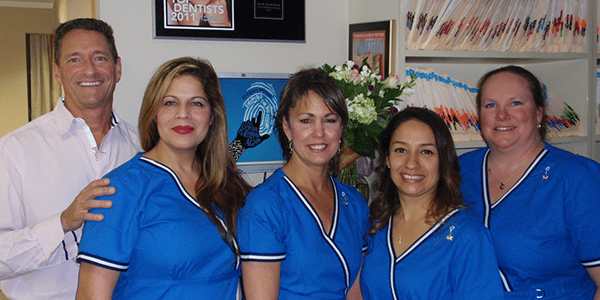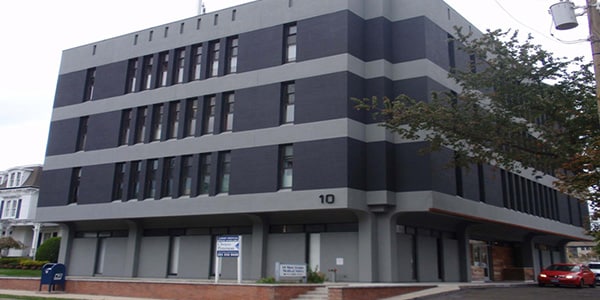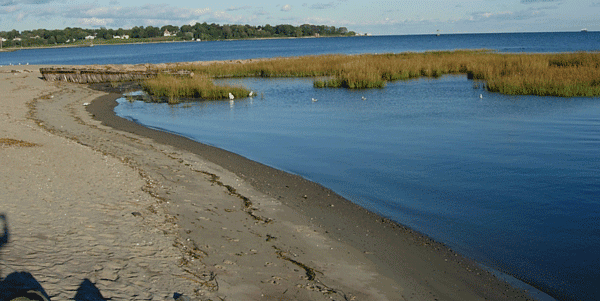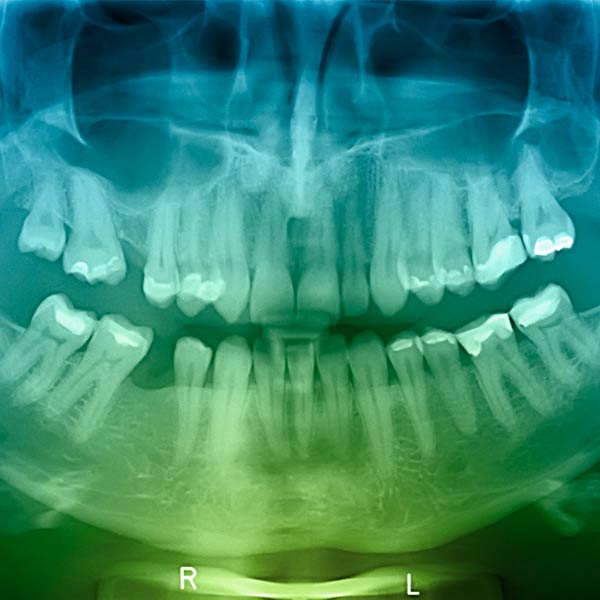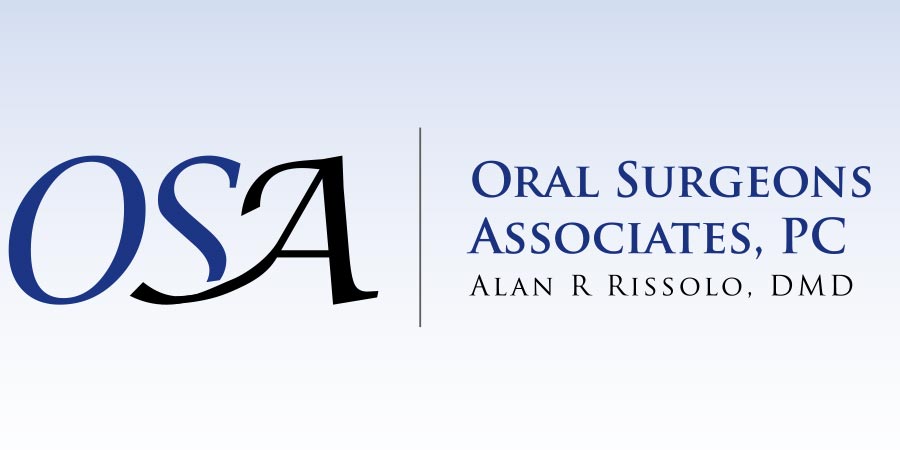
Welcome to Our Site
Welcome to Our Site
Oral Surgeon Associates, PC
Address
10 Mott Avenue, Ste 4B
Norwalk, CT 06850
PHONE
Tel: 203-853-0500 | Fax: 203-853-0501
Service
Our service is at the core of everything we do. Our team works together to provide a warm, comfortable, and relaxing environment. Dr. Alan Rissolo is an Oral and Maxillofacial Surgeon and Dental Implant specialist serving the communities of lower Fairfield County including Norwalk, Darien, New Canaan, Stamford, Wilton, Weston, Westport, and Fairfield. Tell me more…
Experience
Dr. Rissolo is a three times board certified Oral and Maxillofacial Surgeon who specializes in Dental Implants in lower Fairfield County…Meet him…
Technology
Using the latest technology provides many advantages… Learn more about our technology…
Center for Excellence in Dental Implants
Appointment Request
Please use the contact form or the information below to contact our office.


